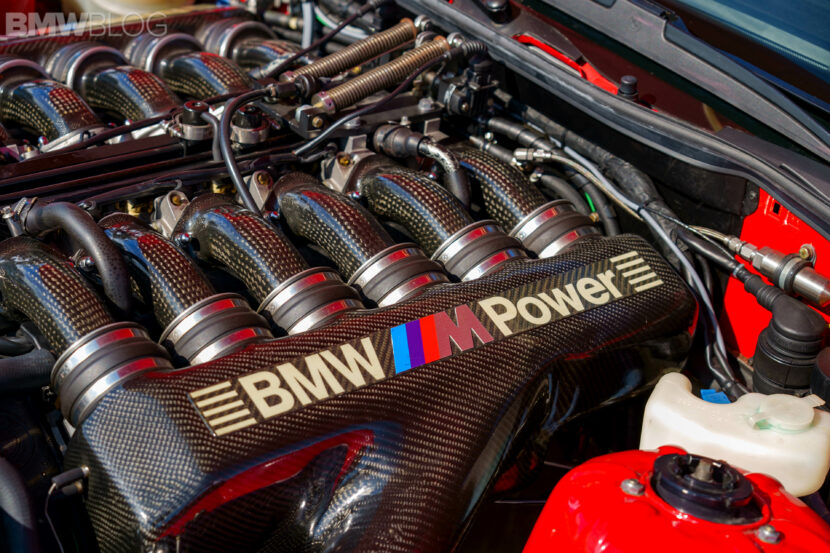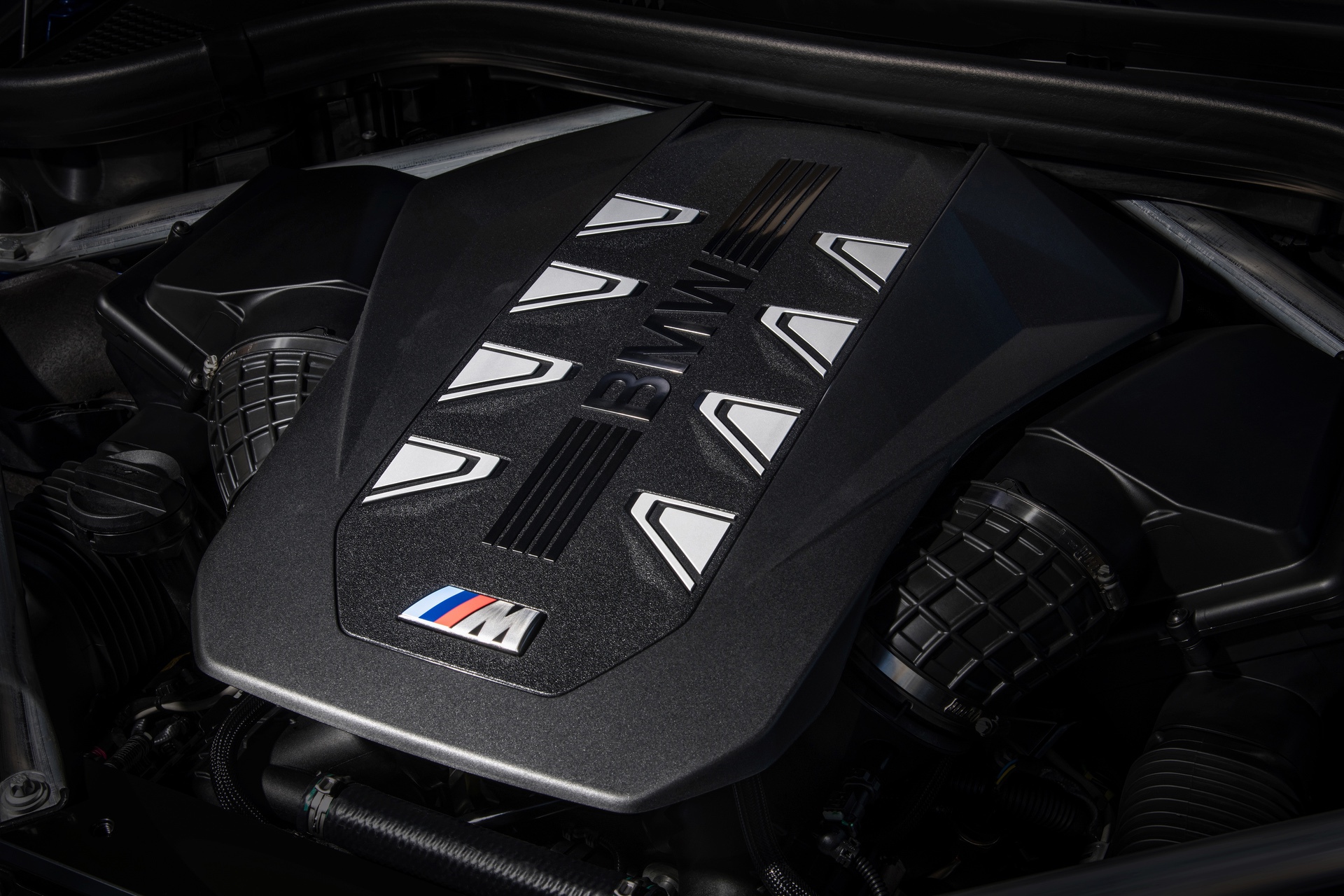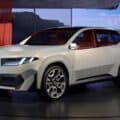What exactly are e-fuels? Also known as electrofuels or synthetic fuels, they’re a type of hydrogen-derived fuel source made through a process that only uses renewable energy sources, such as wind or solar power. It is seen by some as a potential savior of the internal combustion engine as a carbon-neutral fuel providing an alternative to the battery-powered EVs most automakers are introducing nowadays.
Through the voice of its vice president of research and new technologies, the BMW Group believes more research should be put into developing e-fuels. Speaking with EURACTIV, Peter Lehnert said the company must be open to new technologies and that implies investigating e-fuels. However, he remains realistic by adding the tech must be thoroughly analyzed to be scaled up enough to serve an important role in the energy mix.

It’s worth mentioning some synthetic fuels are theoretically carbon neutral in the sense that CO2 is used for production and then released when the combustion process takes place inside the car’s engine. Consequently, it means the net level of carbon remains the same as before. BMW argues e-fuels can play a role: “I think it’s always good to have different opportunities. We invest in the combustion engine, as there might be chances for them in the future.”
Interestingly, Lehnert told EURACTIV that electric cars continue to make the most sense for the city. It indirectly means e-fuels could be used for long-range vehicles tailored to extended trips outside of the urban jungle. Speaking in Lisbon, Portugal at the Transport Research Arena (TRA), the BMW official said e-fuels must be produced using only green power and could represent an alternative to battery-powered EVs, along with hydrogen.
“Investigating e-fuels is definitely worth it, however, we have to look at the balance of the right energy mix.” BMW is keeping its options open by continuing fuel cell research and by promising it’ll have a viable hydrogen production car by the end of the decade. Lehnert described the ability to quickly fill up a hydrogen car as a “real advantage” over a regular EV, adding the tech is suitable for long distances.
Source: EURACTIV





































































